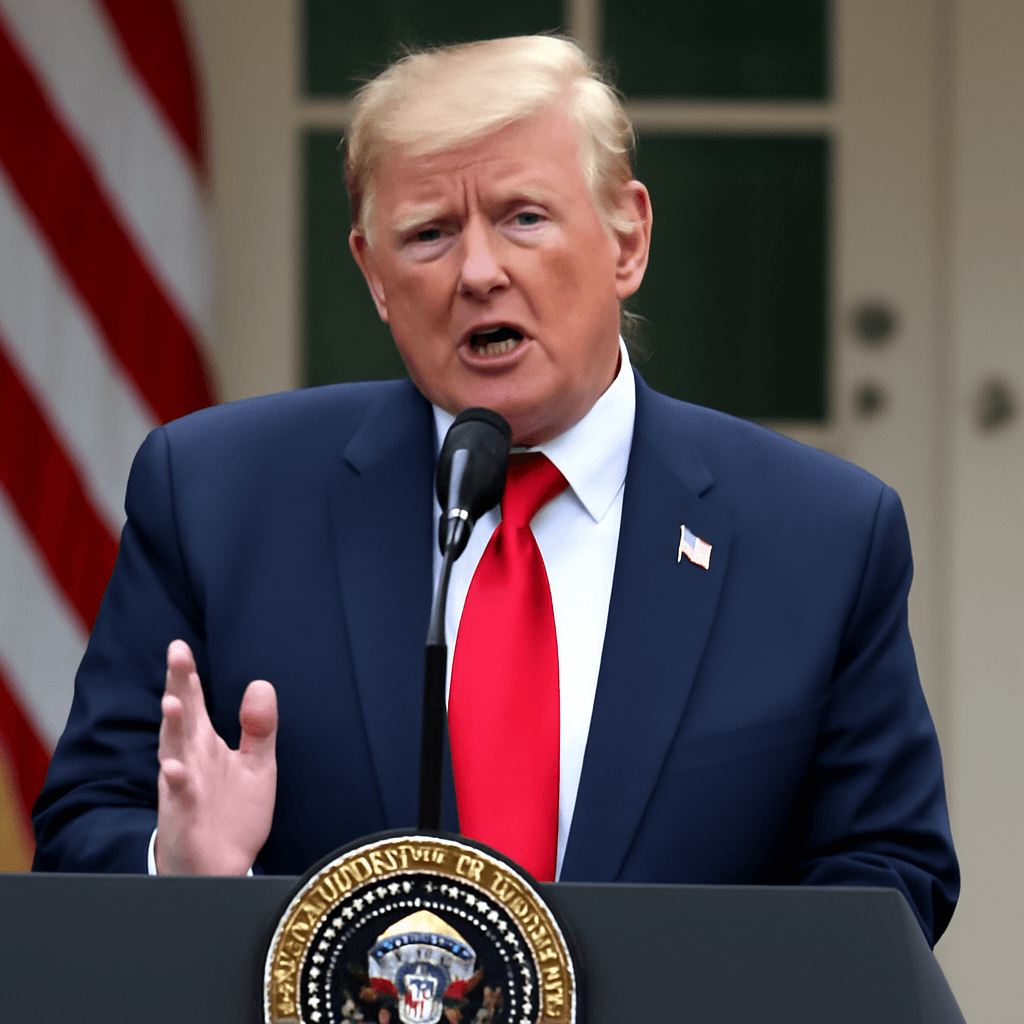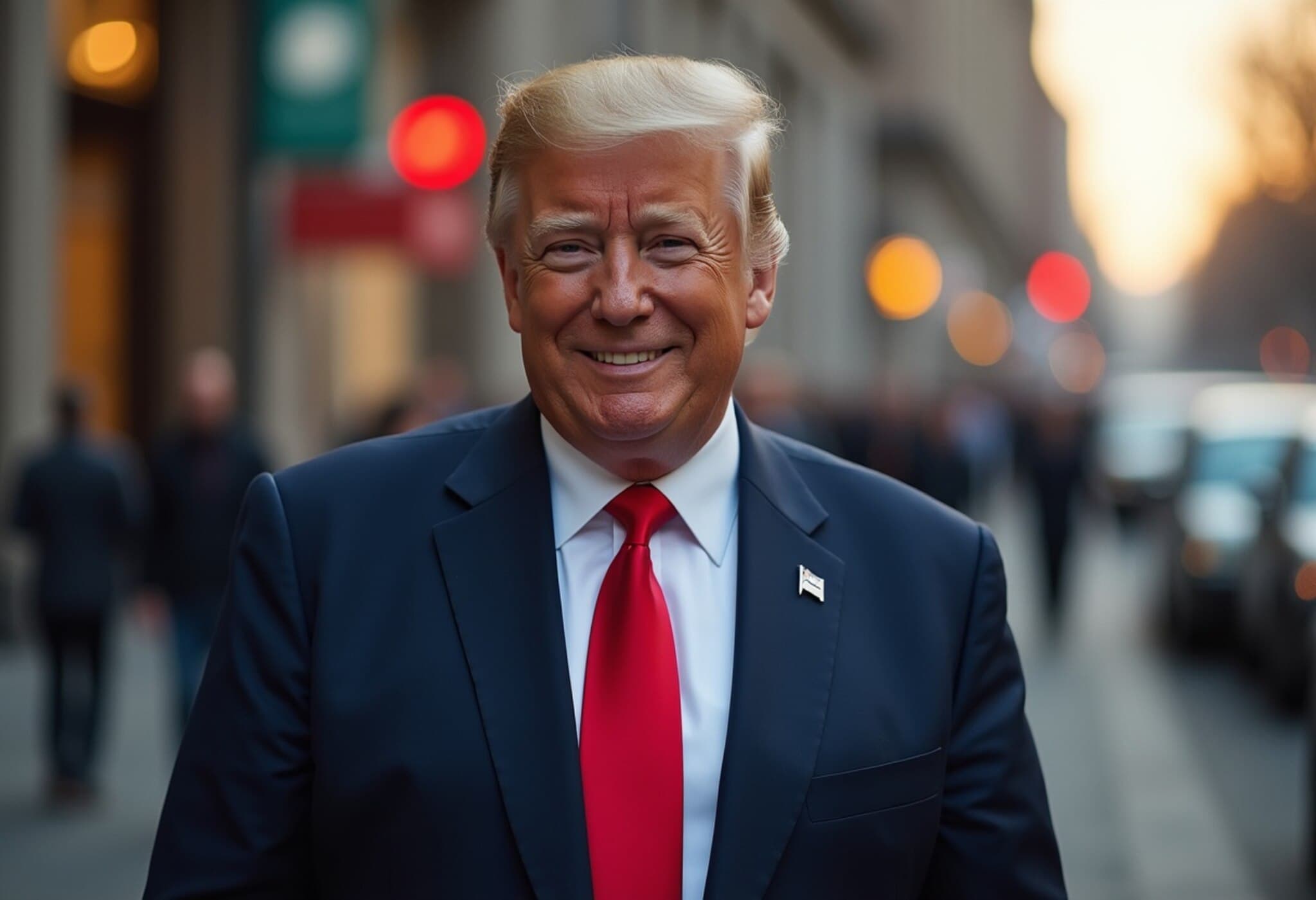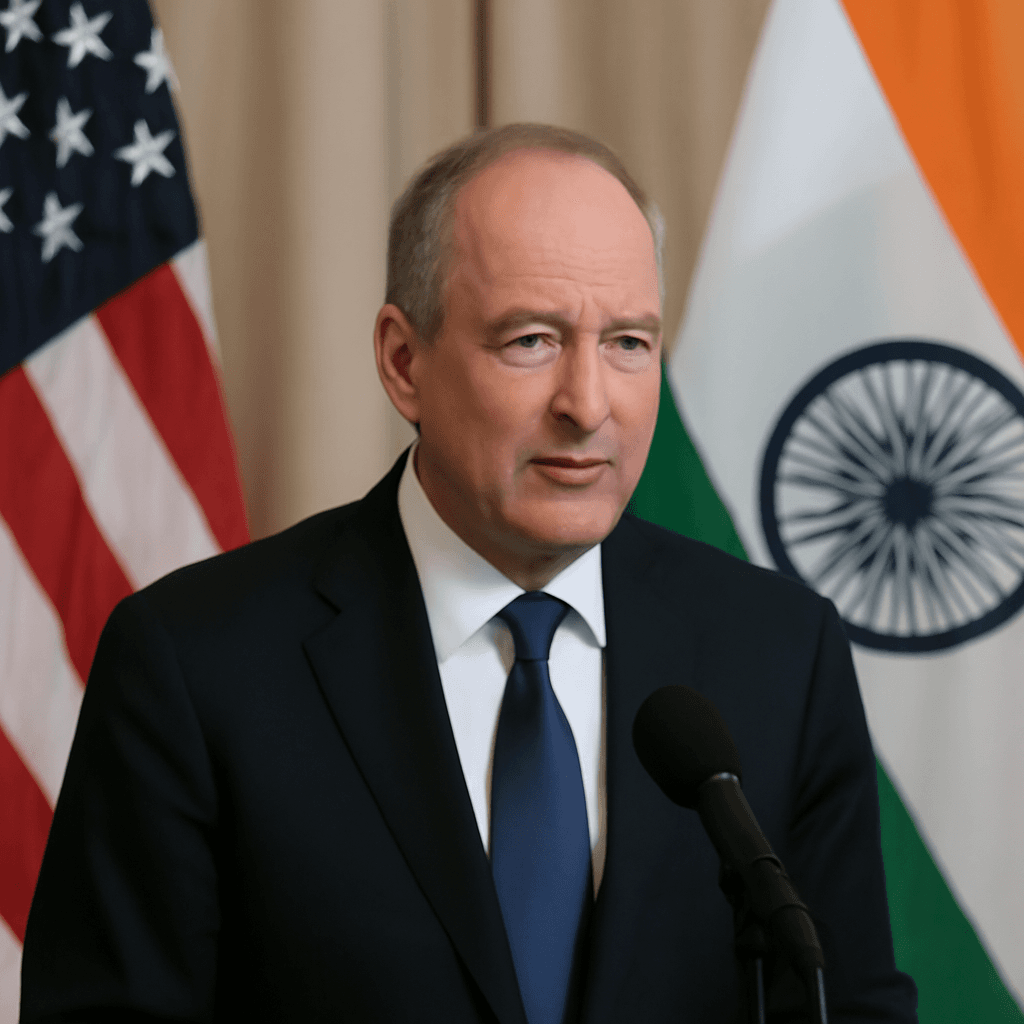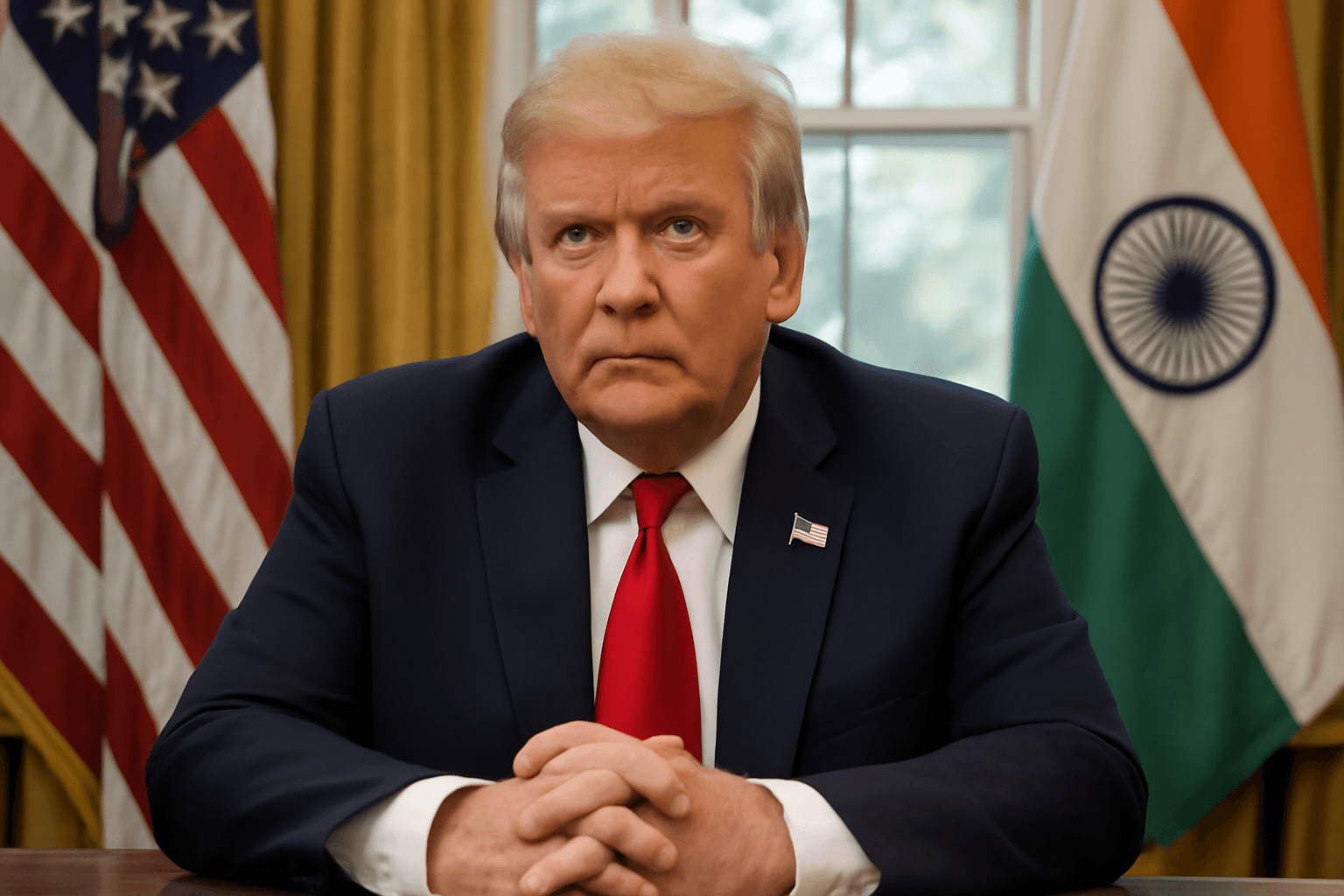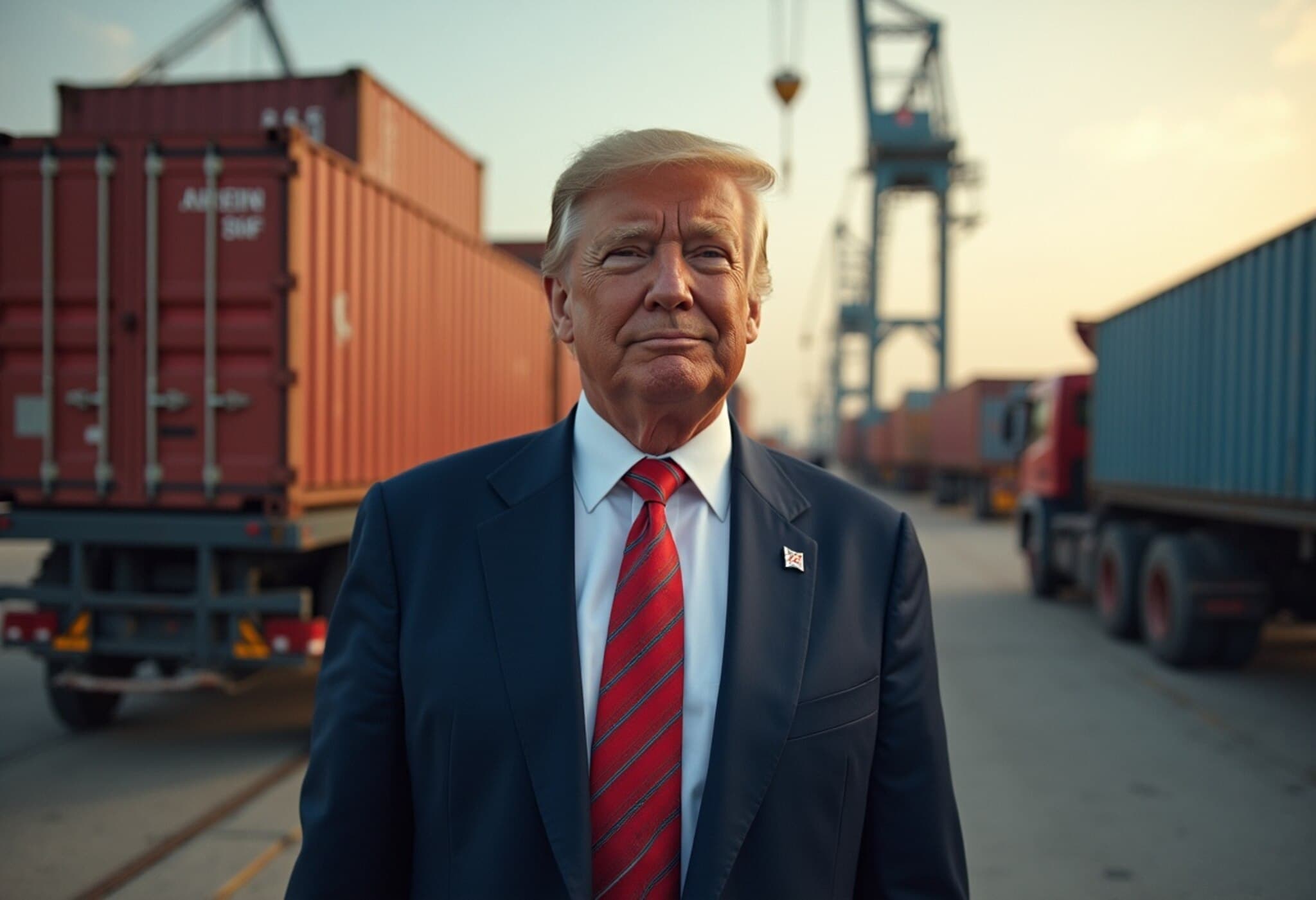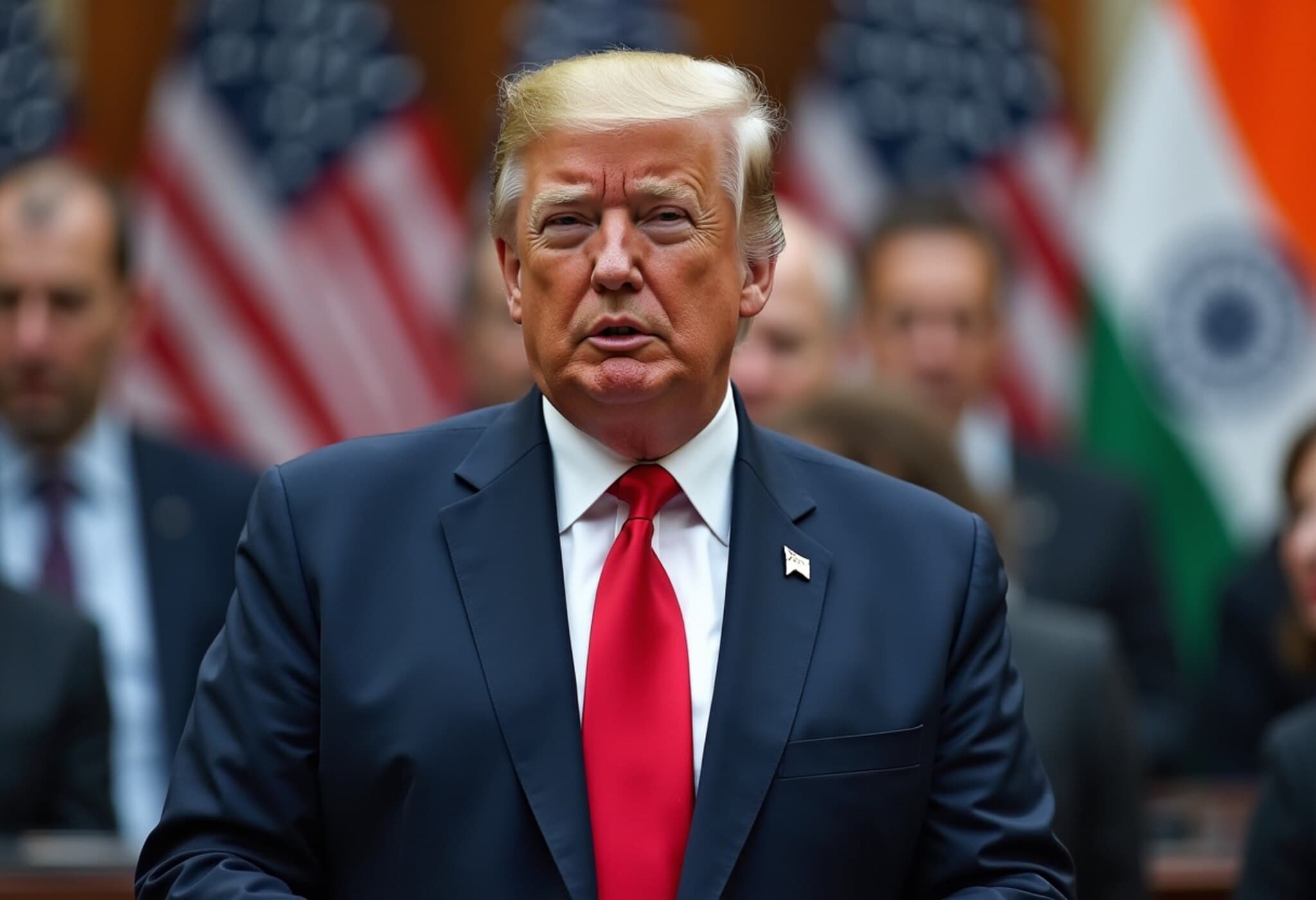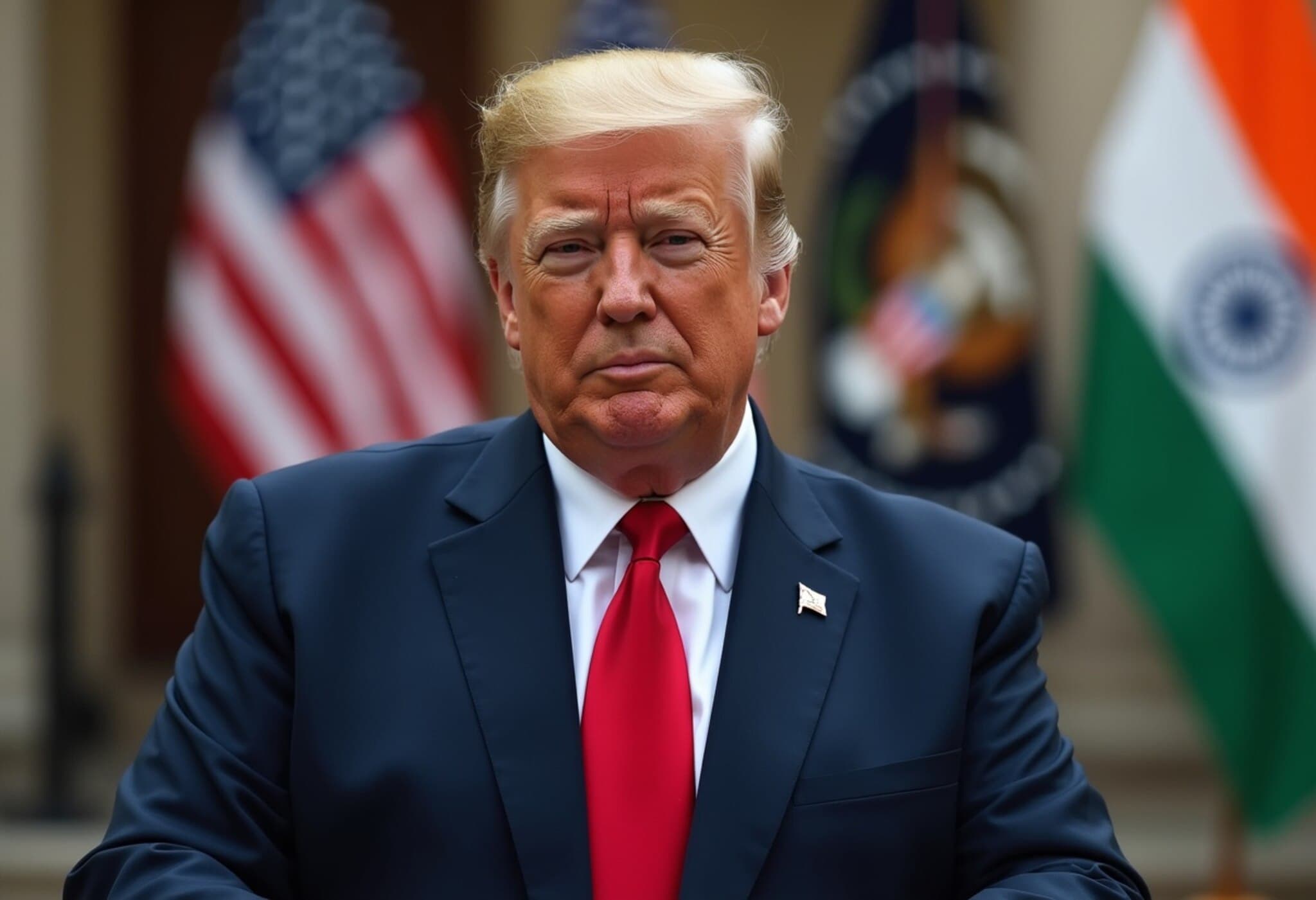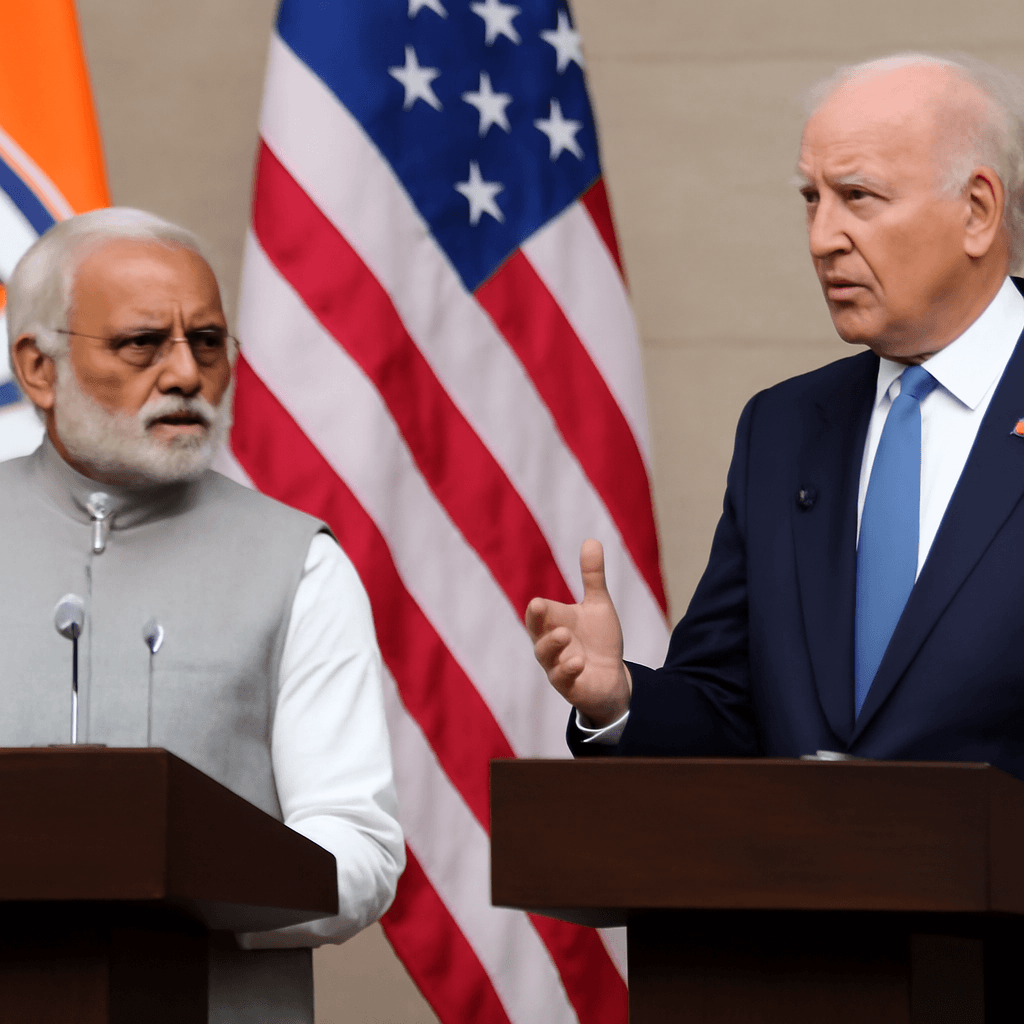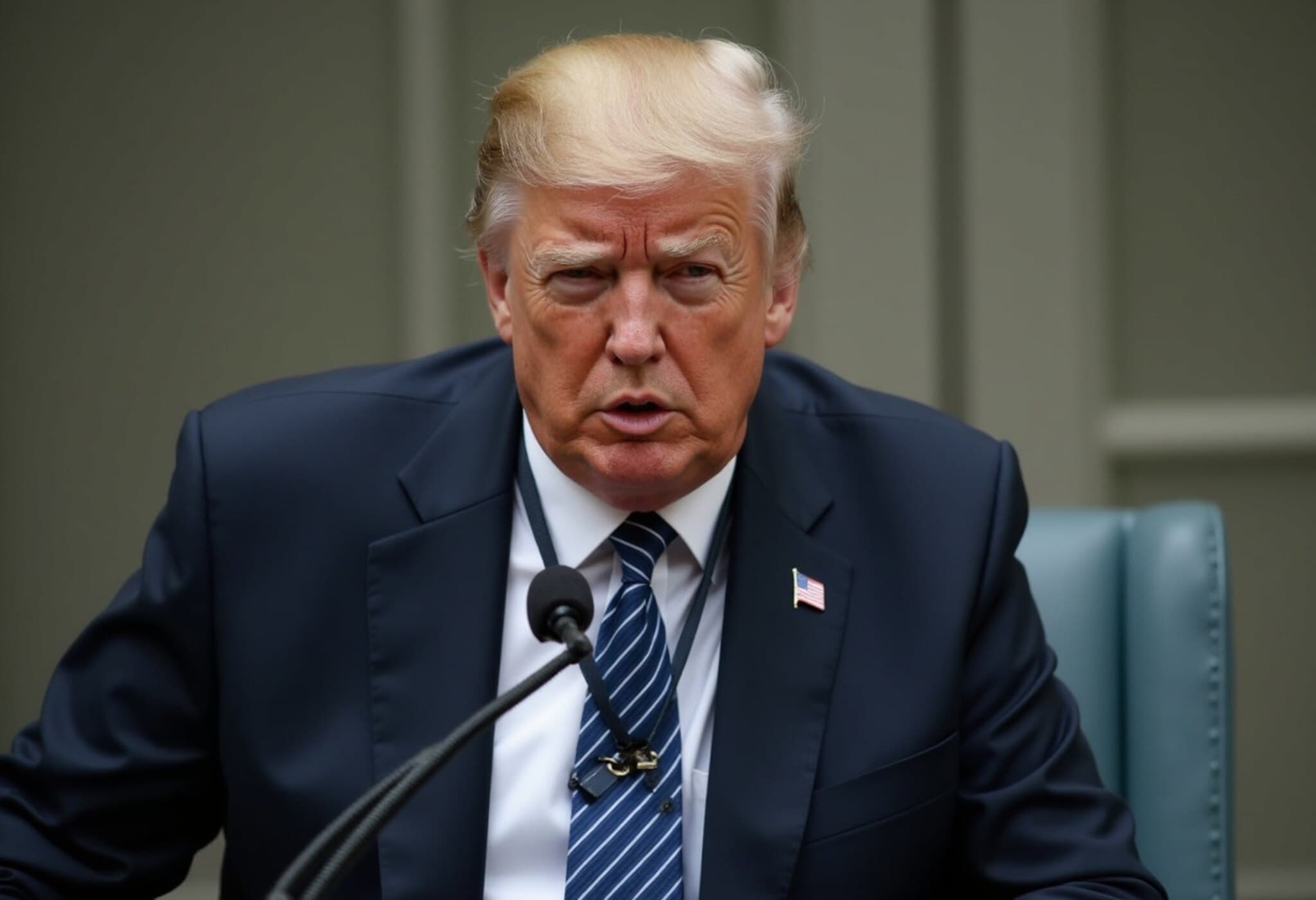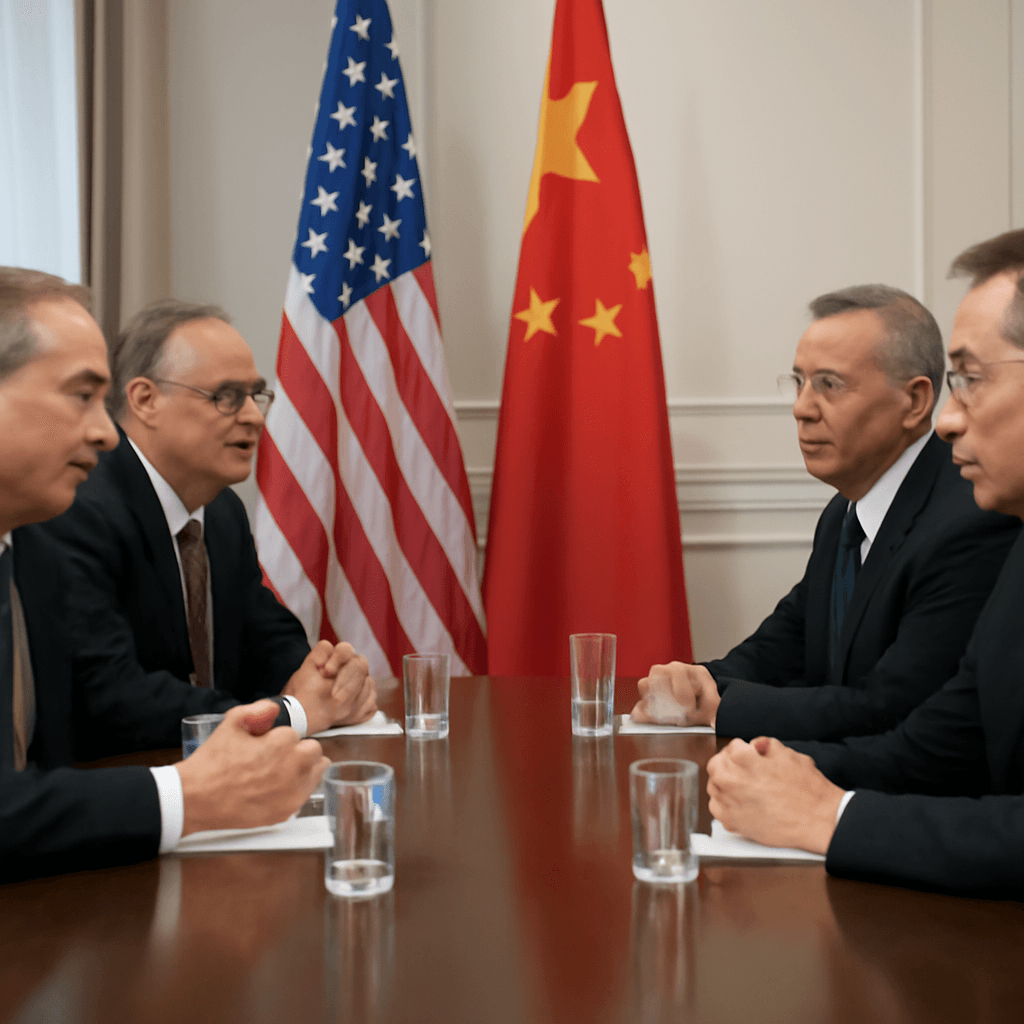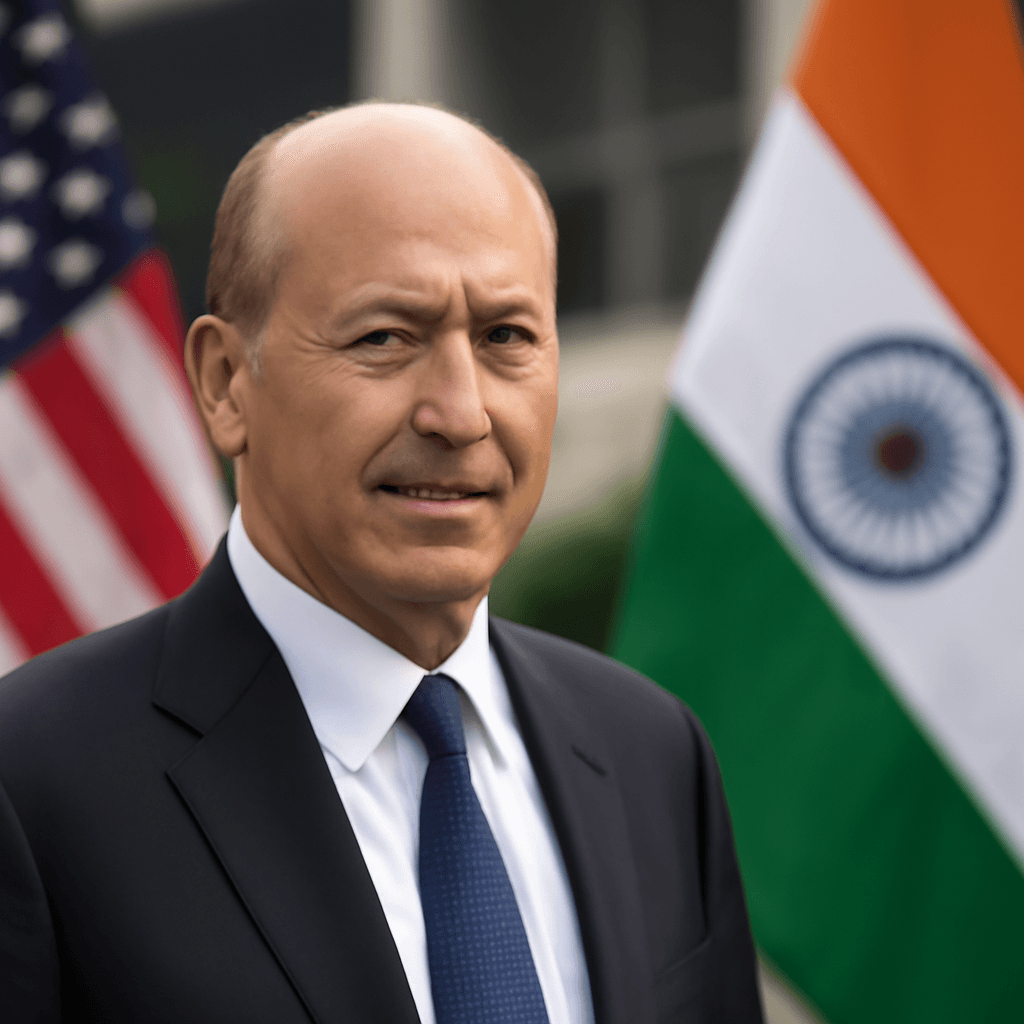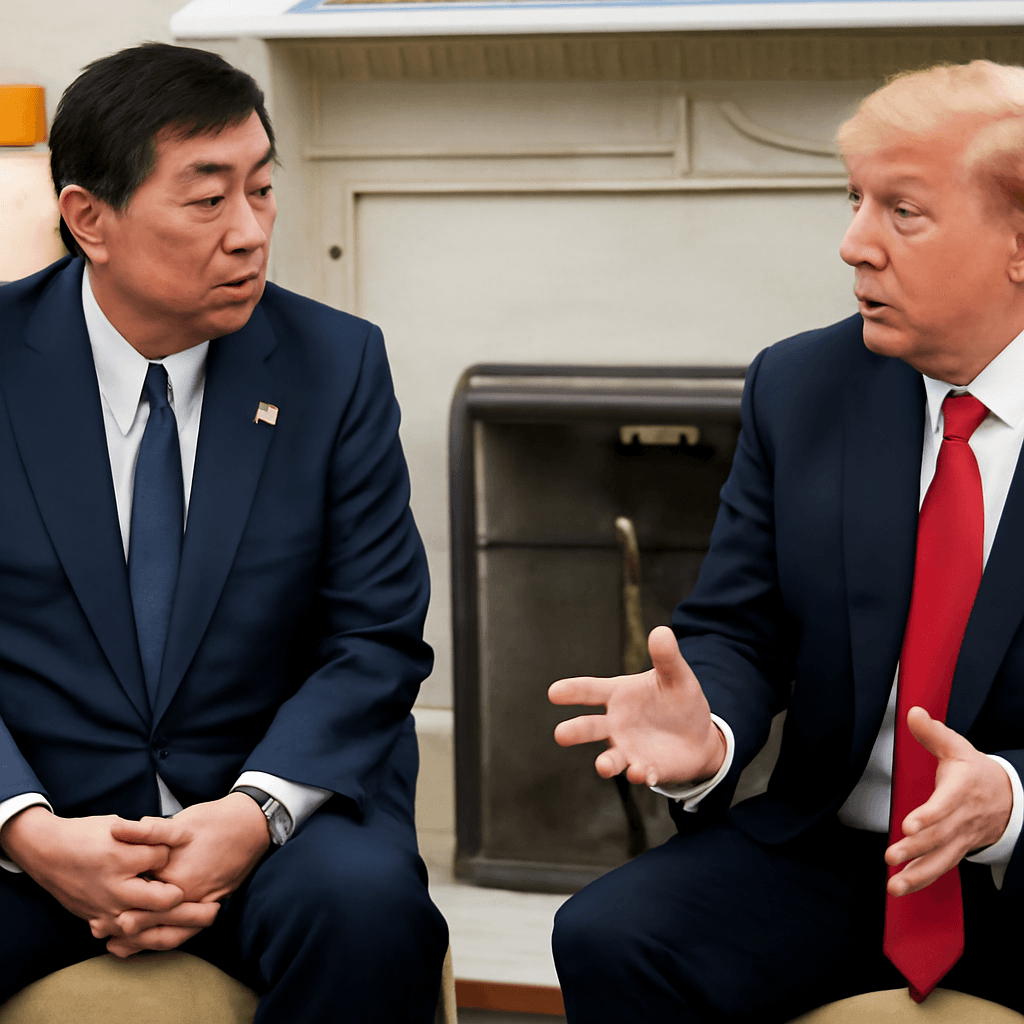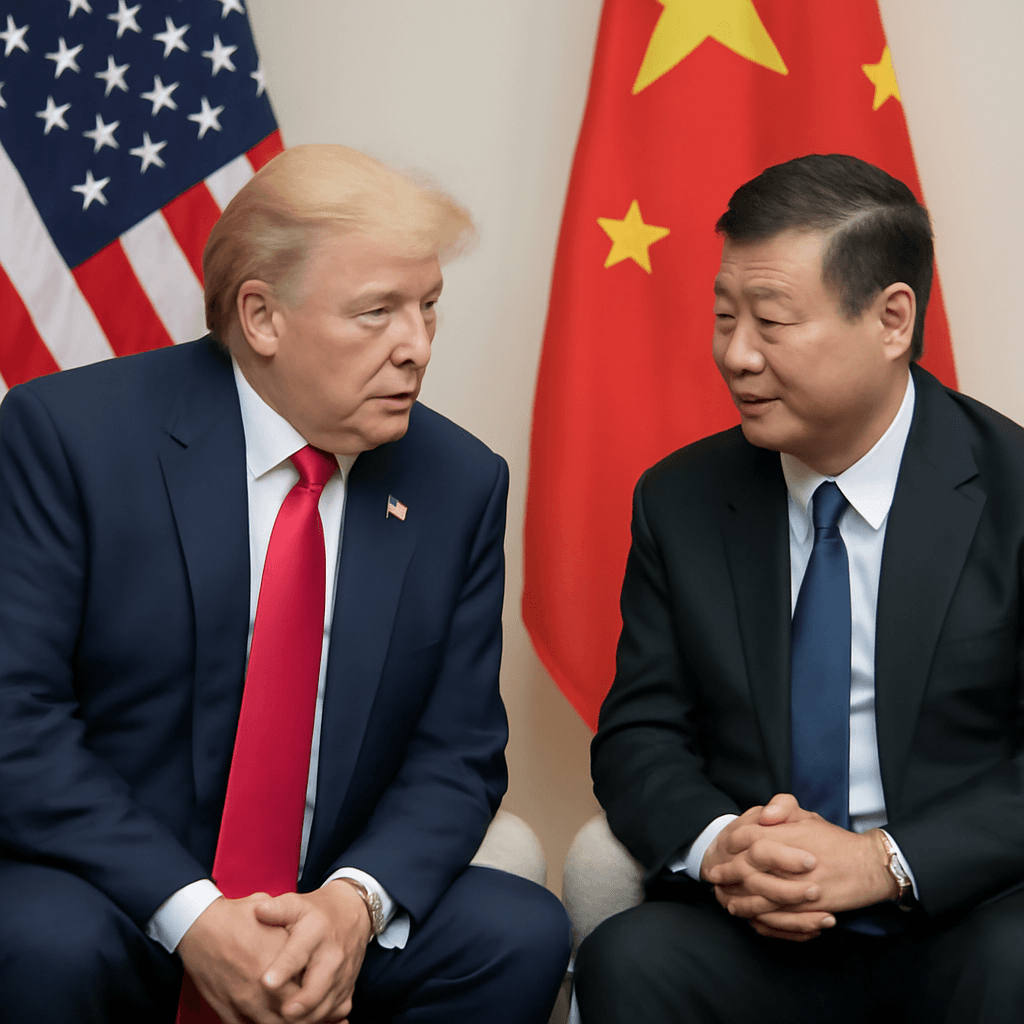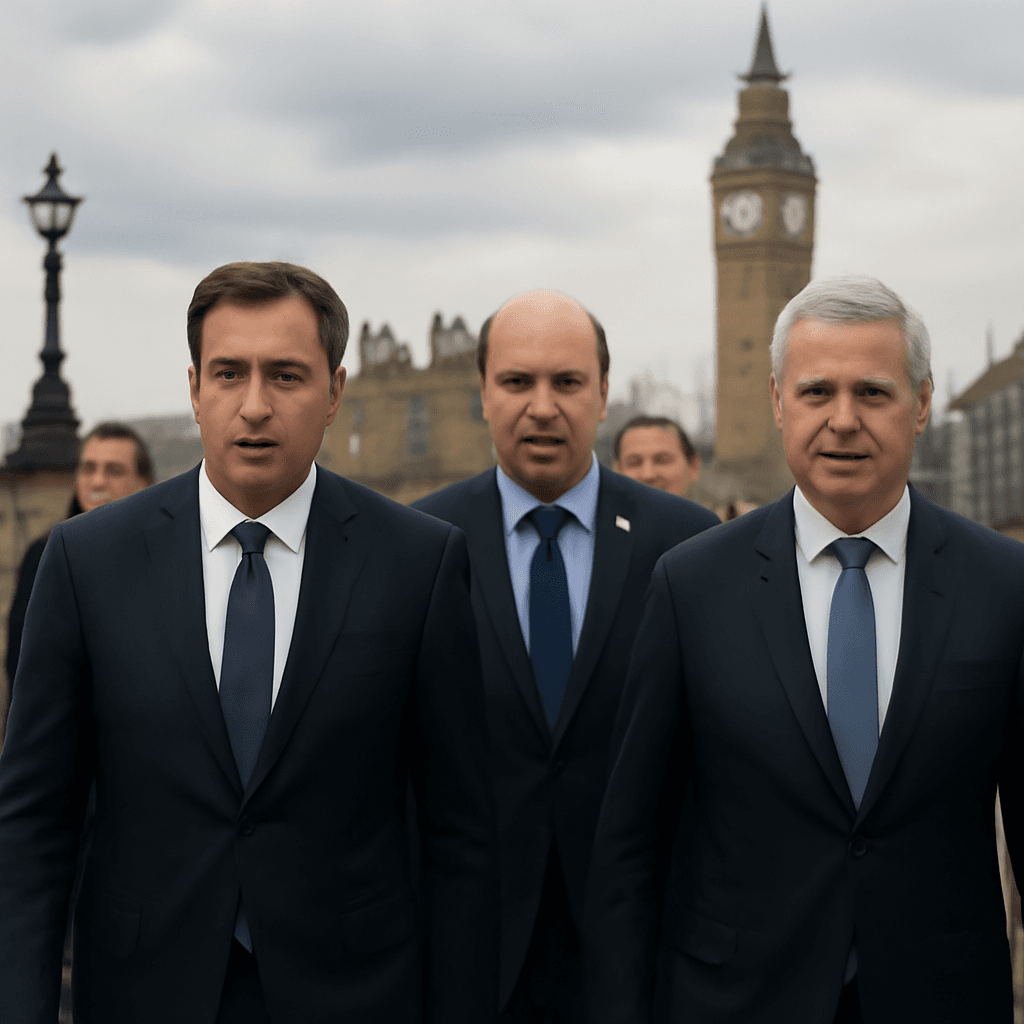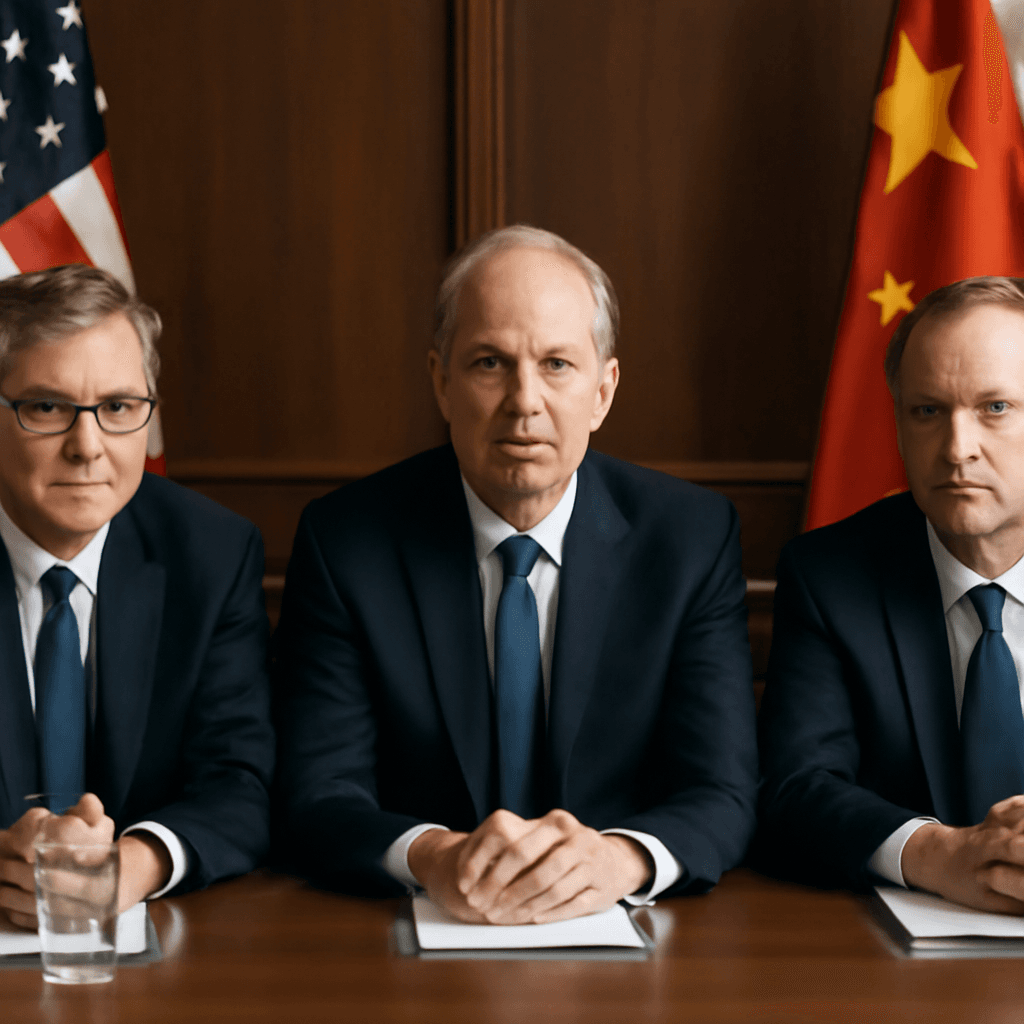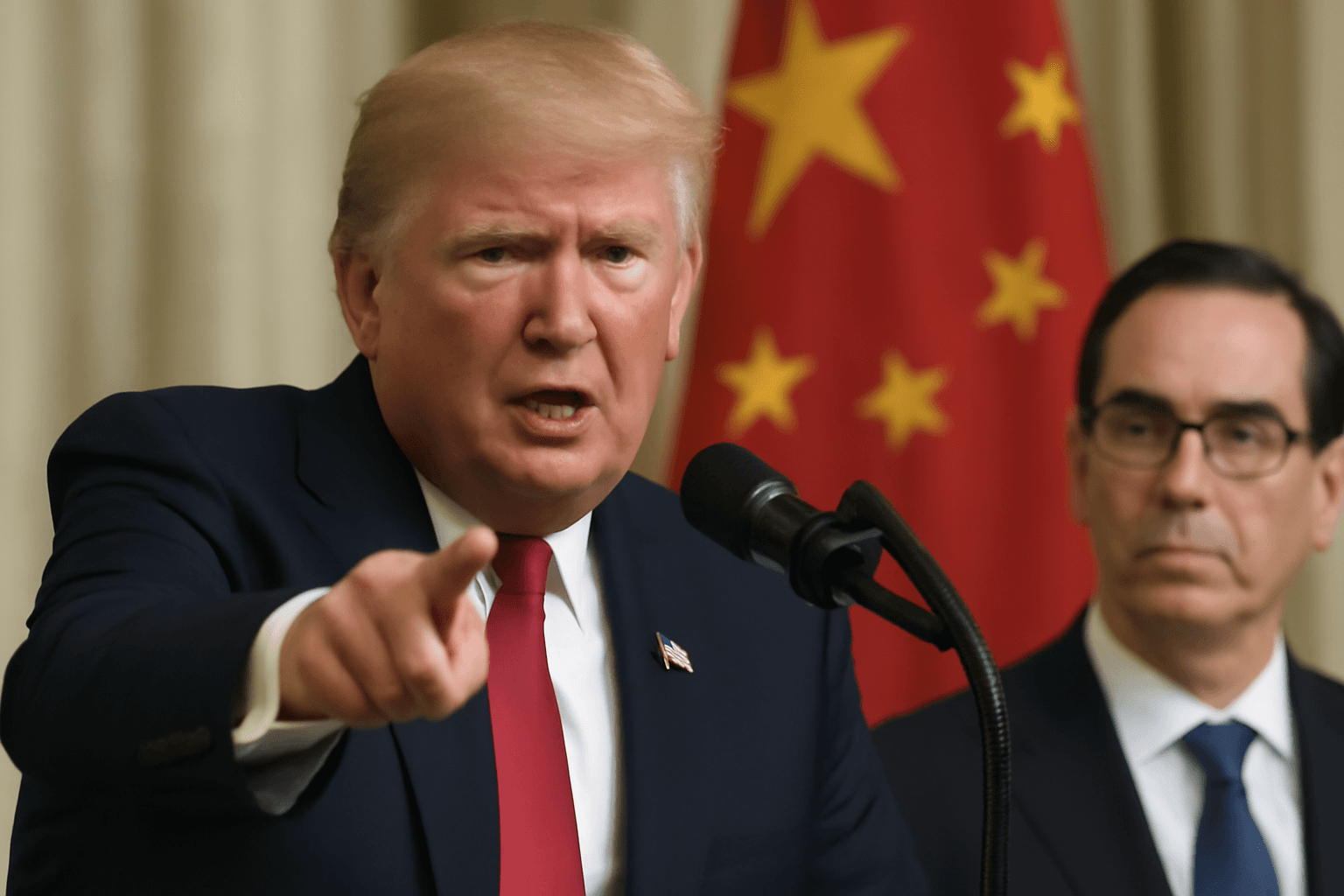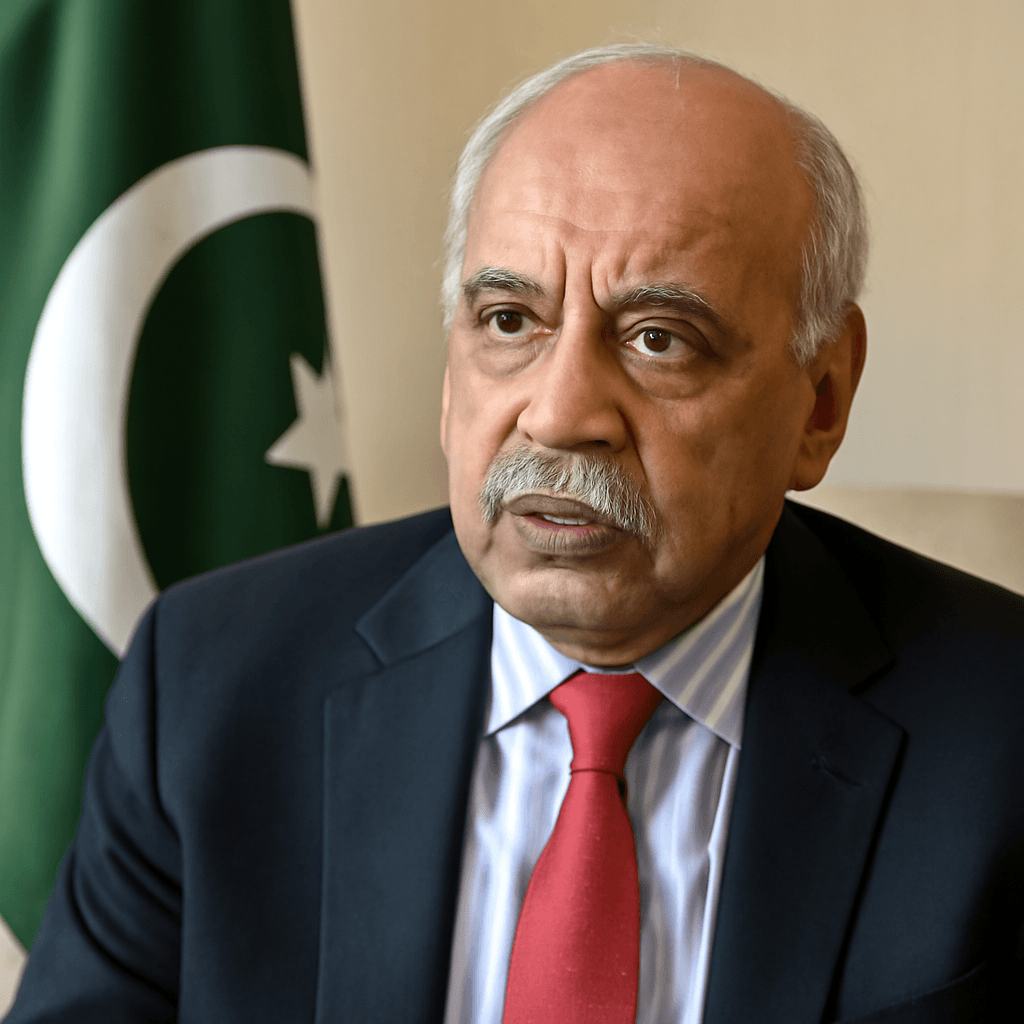US President Signals Progress in Trade Deal with India
US President Donald Trump announced on May 30, 2025, that the United States is very close to finalizing a trade agreement with India. Speaking to reporters at Joint Base Andrews, he emphasized the importance of diplomatic and trade engagement in maintaining peace, cautioning that unresolved conflict between India and Pakistan could hinder negotiations.
Trade Diplomacy as a Peacekeeping Tool
President Trump highlighted that trade negotiations have played a critical role in averting potential military conflict between the two South Asian neighbors, known to possess nuclear capabilities. He reiterated that the US approach focuses on fostering economic ties rather than military confrontation, stating, "Normally they do it through bullets. We do it through trade."
He warned that if India and Pakistan remained at war, the US would have no interest in concluding deals with either country, signaling the interconnectedness of regional peace and bilateral economic agreements.
Context of Rising Tensions Between India and Pakistan
The negotiations come amidst escalating hostilities following India's counterstrike, dubbed Operation Sindoor, on May 10, a response to a terror attack in Pahalgam on April 22 that claimed 26 lives. These tensions underscore the fragility of peace efforts and the challenges in securing sustainable trade agreements.
Bilateral Trade Negotiations and Potential Benefits
Amidst these circumstances, diplomatic efforts to advance trade were intensified. Indian Foreign Secretary Vikram Misri recently visited Washington from May 27 to 29 to engage in talks with US Deputy Secretary of State Christopher Landau, marking a positive step forward in bilateral relations.
Key points in ongoing negotiations include India's potential opening of its government procurement market to American companies, a move that could unlock contracts valued at over $50 billion for US firms. An interim trade deal is anticipated by early July.
Impact of Tariffs on India and Pakistan
Earlier, on April 2, the US enacted worldwide tariffs affecting exports from India and Pakistan, with Indian goods facing up to 26% duties and Pakistani exports up to 29%. These tariffs have added urgency to diplomatic efforts to reach agreements that would ease trade barriers and stimulate economic cooperation.
Conclusion
US leadership underscores trade as a strategic instrument to maintain peace and stability in South Asia. With trade discussions nearing conclusion, successful agreements could improve bilateral economic relations while contributing to regional stability, provided that India and Pakistan can manage their longstanding conflicts responsibly.

